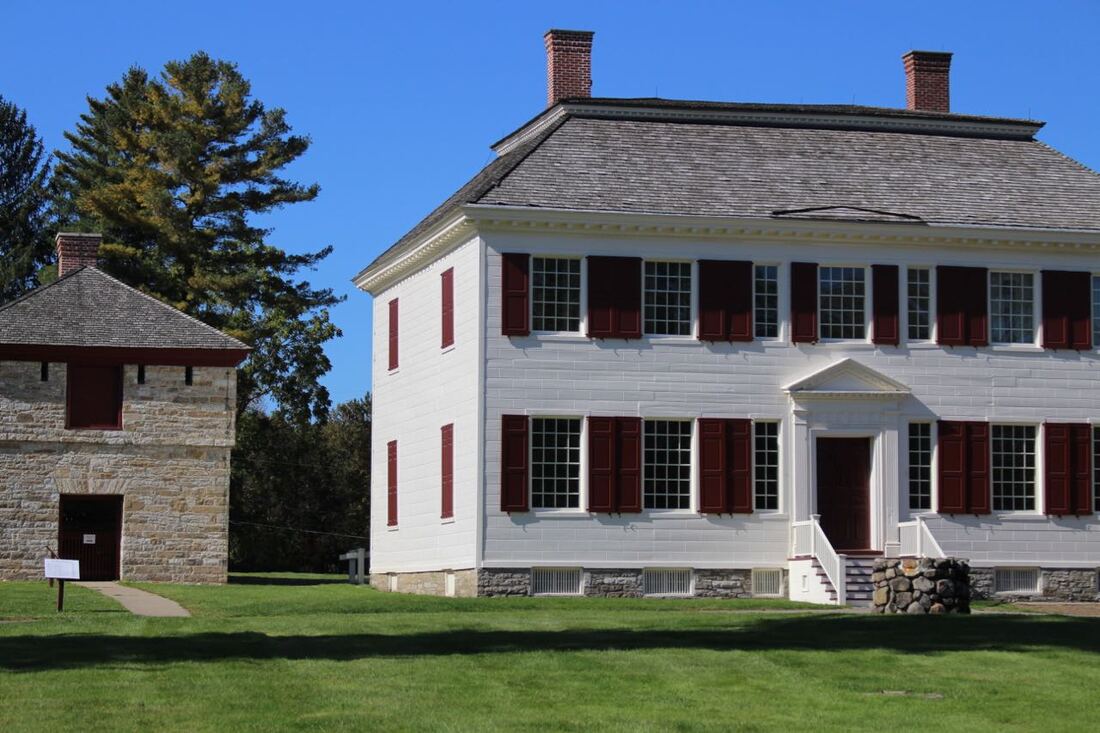|
One of the first Irishmen to arrive in the Mohawk Valley would go on to become one of the richest and most powerful men in colonial America. He was Sir William Johnson. Born in Co. Meath, he traveled to New York in 1737 at the age of 22. His uncle Peter Warren had hired him to lead a band of 12 Irish families to establish a community on his land near present-day Warrensburgh. Quickly Johnson began to build his fortune through the fur trade and land acquisition. In 1755 Johnson distinguished himself at the Battle of Lake George, which earned him the title of Baronet from King George II of England. (This title has passed down to his descendants to this day. The current Baronet of New York lives in London.) But more than his growing wealth or his title, it was his extraordinary ability to communicate with the Native Americans that made him a legend of colonial New York. He learned to speak the Mohawk language, had eight children with his Mohawk wife, and was given a name of honor by the Mohawks - “Warraghiyagey” - which in English means, "a man who undertakes great things". Johnson Hall, his home that still stands in present-day Johnstown, NY, was a place known for generous hospitality with plenty of music and dancing, fine food and drink, a menagerie of pets including dogs, birds, and monkeys, and rooms to accommodate a constant stream of guests. Johnson died from a stroke while speaking at an Indian conference at his home on July 11, 1774. He left an estate of 170,000 acres of land. Just two years later, his heir, Sir John Johnson, lost it all when American patriots seized it during the Revolutionary War. The marks are still visible on the stairway railing where patriot militia members pounded their rifle butts on the day they took the house. Photos taken by Sue Romero at Johnson Hall State Historic Site.
0 Comments
Leave a Reply. |
AuthorThe Craobh Dugan-O'Looney blog is written by Sue Smith Romero. Questions? Corrections? Send them on to her at uticairish@gmail.com Categories
All
|

 RSS Feed
RSS Feed